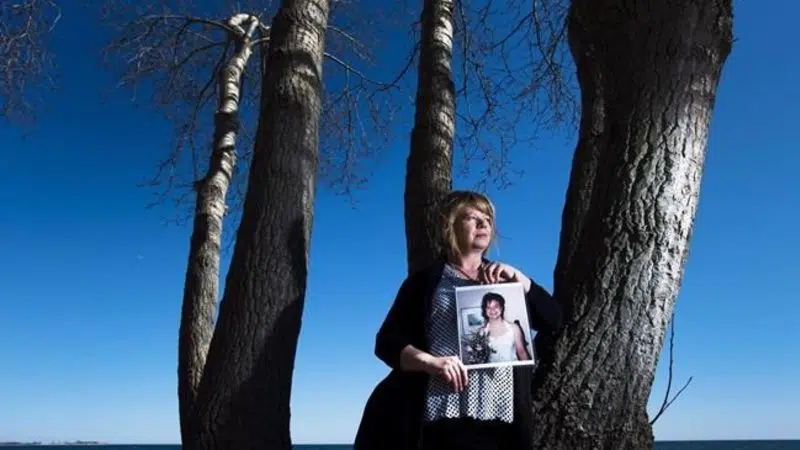
Trudeau resists pressure to decriminalize drugs in face of opioid crisis
OTTAWA — Donna May says she’ll no longer tolerate a nod or weepy eyes from politicians over the opioid epidemic — it’s claimed the lives of too many people she loves.
May wants action in the form of drug decriminalization and she’s far from alone in her plea.
The death of May’s 55-year-old brother a year ago in Bolton, Ont., broke her emotionally.


